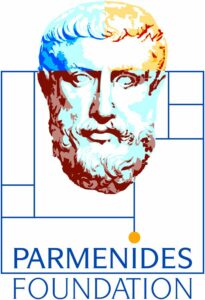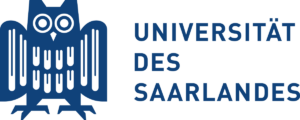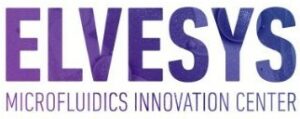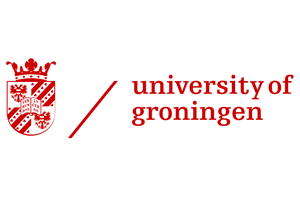Open Doctoral Candidate Positions
DarChemDN is looking for talented and motivated Doctoral Candidates (DCs) with the skills, knowledge and enthusiasm to help the network make significant research breakthroughs.
What DarChemDN will offer
- A thorough scientific education in the frame of a doctoral training program.
- The possibility to participate in specific international courses, workshops and conferences.
- A strong involvement in a European research project with high international visibility.
- The possibility to perform research visits to internationally renowned research labs in Europe.
- A prestigious three-year MSCA Fellowship.
- A competitive salary including mobility and family allowances.
Eligibility criteria
Specific Eligibility Criteria of the Horizon Europe Marie Skłodowska-Curie (MSCA) programme apply, including the mobility rule and PhD rules. Applicants of any nationality are welcome to apply.
- Mobility rule: Researchers must not have resided or carried out their main activity (work, studies, etc.) in the country of the host organisation for more than 12 months in the 3 years immediately before the recruitment date (i.e., the start of employment).
- PhD Rule: Applicants must be doctoral candidates, i.e., not already in possession of a doctoral degree at the date of the recruitment.
- Additionally, PhD applicants must fulfil the local requirements of the recruiting institutions which are listed in the project descriptions available as PDFs below.
How to apply
To complete your online application, visit the DarChemDN recruitment web form.
Required documents: Please submit the required application documents as a single pdf file. The application should include the following documents:
- Cover Letter
- Curriculum Vitae (including contact information of two referees)
- Copy of Transcripts
- Copy of Diplomas (if available at the time of application – otherwise please provide a confirmation with the expected graduation date)
Only shortlisted applicants will be contacted. Interviews are expected to be online.
Positions remain open until filled.
Open Positions
DC1: Emergence of selection in nucleopeptide replication networks
 Ben Gurion University of the Negev (BGU)
Ben Gurion University of the Negev (BGU)
Laboratory for Systems Chemistry
Be’er Sheva, Israel
Supervisor: Prof. Gonen Ashkenasy
DC2: Theory of identification, selection and evolution of autocatalytic networks
 Parmenides Foundation (PARM)
Parmenides Foundation (PARM)
Center for the Conceptional Foundations of Science
Pöcking, Germany
Supervisor: Prof. Eörs Szathmary
DC3: The compartmentalised formose reaction
École Supérieure de Physique et de Chimie Industrielles de la Ville de Paris (ESPCI)
Laboratoire de Biochimie
Paris, France
Supervisor: Prof. Andrew Griffiths
DC4: Feedback of compartmentalisation on reactions
 University of Saarland (USAAR)
University of Saarland (USAAR)
Center of Human and Molecular Biology
Saarbrücken, Germany
Supervisor: Prof. Dora Tang
DC5: Development of advanced microfluidics systems
ELVESYS (ELV)
Microfluidics Innovation Center
Paris, France
Supervisor: Dr. Alexander McMillan
DC6: Replication and compartmentalisation
University of Groningen (RUG)
Stratingh Institute for Chemistry – Centre for Systems Chemistry
Groningen, The Netherlands
Supervisor: Prof. Sijbren Otto
DC7: Oligomeric nucleic acid coacervate system
École Supérieure de Physique et de Chimie Industrielles de la Ville de Paris (ESPCI)
Laboratoire de Biochimie
Paris, France
Supervisor: Prof. Andrew Griffiths
DC8: Evolution in heterogeneous populations of compartments
 University of Saarland (USAAR)
University of Saarland (USAAR)
Center of Human and Molecular Biology
Saarbrücken, Germany
Supervisor: Prof. Dora Tang
DC9: Functional multi-stable synthetic networks
 Ben Gurion University of the Negev (BGU)
Ben Gurion University of the Negev (BGU)
Laboratory for Systems Chemistry
Be’er Sheva, Israel
Supervisor: Prof. Gonen Ashkenasy
DC10: Compartment division and replicator evolution
University of Groningen (RUG)
Stratingh Institute for Chemistry – Centre for Systems Chemistry
Groningen, The Netherlands
Supervisor: Prof. Sijbren Otto

 Ben Gurion University of the Negev (BGU)
Ben Gurion University of the Negev (BGU) Parmenides Foundation (PARM)
Parmenides Foundation (PARM)
 University of Saarland (USAAR)
University of Saarland (USAAR)
